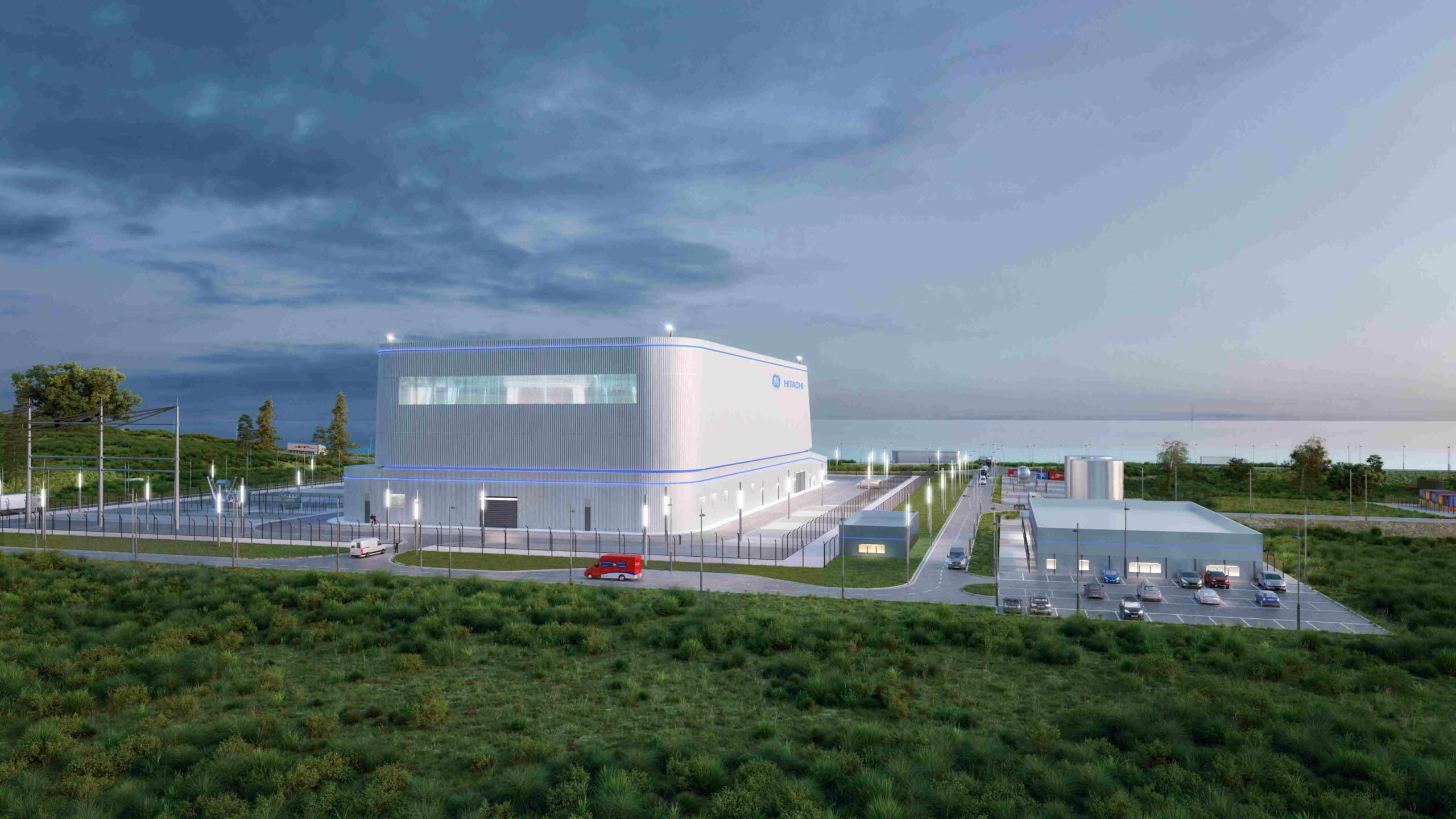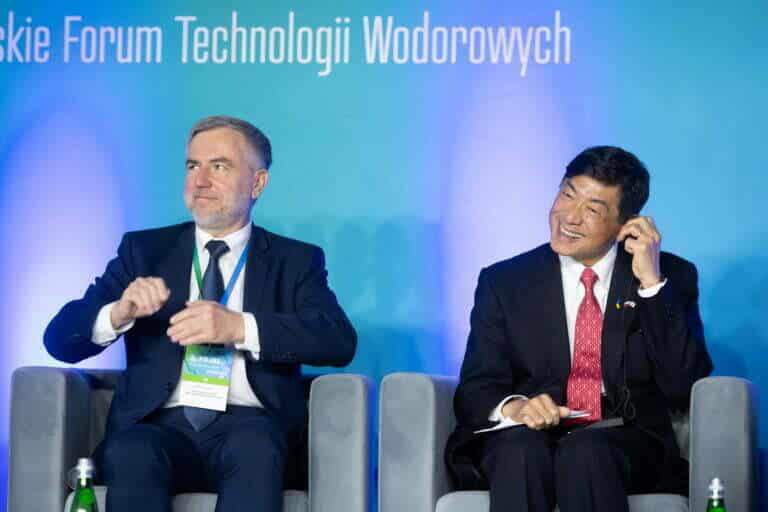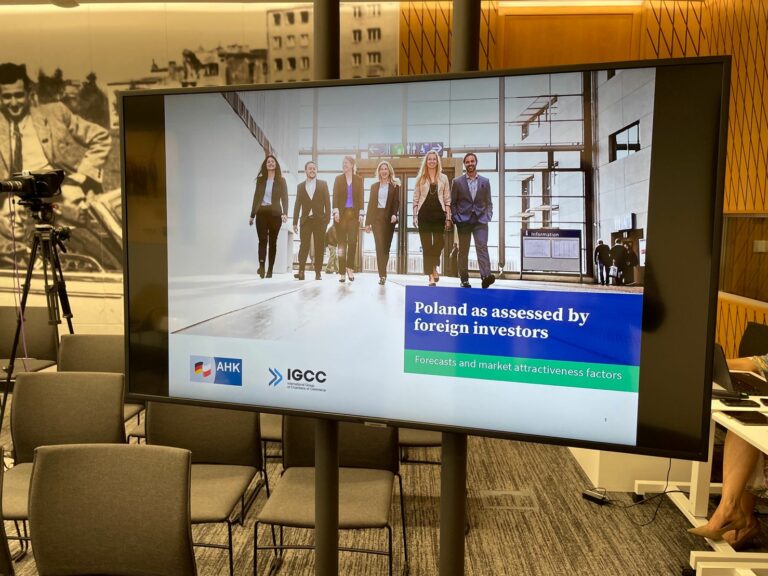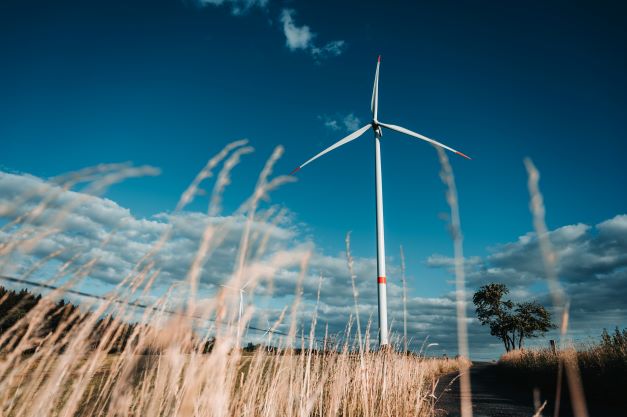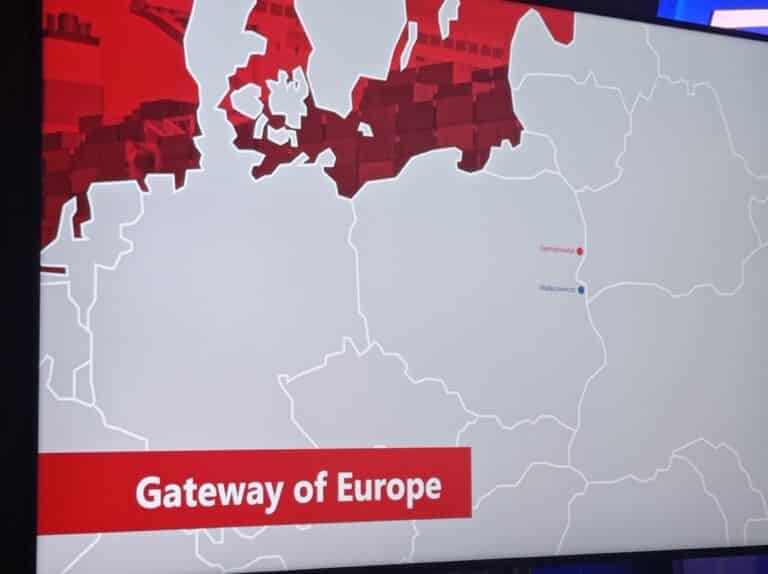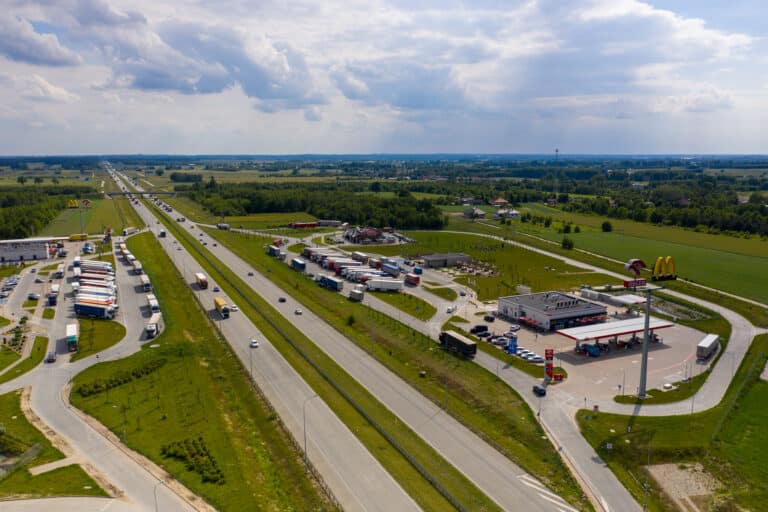Poland green lights faster shift to nuclear energy
According to the analysis of the Polish Economic Institute (PIE), nuclear power plants could meet up to 38.4% of Poland’s forecast demand for electricity by 2043.
The development of nuclear energy could raise Polish GDP by more than 1% by 2043 and generate up to 40,000 jobs over 50 years of reactor operations, PIE said.
At the same time, up to 70% of the value of investments in nuclear energy could be implemented by companies located in Poland – according to the PIE report “Economic aspects of nuclear investments in Poland – impact on business, the labour market and local communities.”
In the case of full implementation of the Polish nuclear program, i.e. the construction of 6 units, the impact on the economic growth of the project could exceed 1% of GDP, PIE said.
“In an optimistic scenario, 70% of the value of investments in nuclear energy can be implemented by companies located in Poland, and the value of investments carried out by these companies may reach up to PLN 130 billion,” says Adam Juszczak, analyst from the climate and energy team at the PIE.
Translating the results of the model into the proposed 6 installed capacity reactors, the total job creation in Poland may amount to 1.32 million – 1.98 million person-years (or an average of 26,400 – 39,600 jobs over the 50 years of the reactors’ life cycle), he said.
Assuming the construction of reactors with a capacity of 9.9 GW and a capacity utilization factor of 93%, the annual production of electricity from nuclear power is 81 TWh, which in Polish conditions would translate into 46.2% of demand (174.4 TWh in 2021). In the future, however, the demand for electricity will be higher and, according to the forecasts of the Ministry of Climate and Environment, it will exceed 204 TWh in 2040.
Government green lights
The Polish nuclear power program is a strategic government document that constitutes a “road map” for the construction of the first Polish nuclear power plant. The document defines the basic tasks that must be performed by the national administration, the investor, the nuclear regulatory body and other entities participating in the investment. The document was adopted by the Council of Ministers on January 28, 2014, and its updated version on October 2, 2020.
Poland’s Council of Ministers has adopted a draft act amending the act on the preparation and implementation of investments in nuclear power facilities and associated investments, the country’s National Atomic Energy Agency (PAA) announced.
The main goal of the changes is to shorten the time of investment implementation.
In September last year, it was announced that six large pressurised water reactors with a combined installed capacity of 6-9 GWe could be built by 2040 as part of Poland’s plan to reduce its heavy reliance on coal.
According to the adopted schedule, the construction of the first nuclear power plant in Poland will start in 2026, with the first reactor, with a capacity of 1-1.6 GWe, being commissioned in 2033. Subsequent units will be implemented every 2-3 years.
The investment required for this is estimated at PLN150 billion ($32 billion).
The new rules are expected to enter into force by the end of this year.
Who?
Three companies have expressed their interest in implementing Polish investments in the energy sector nuclear: Korea Hydro & Nuclear Power (KHNP) (APR1400 reactor), American Westinghouse (AP1000 reactor) and French company Électricité de France (EDF) (EPR reactor).
KNHP and EDF have already made offers to the Polish government.
The French have offered to build 4 to 6 EPR reactors with a total capacity of 6.6 up to 9.9 GW. Depending on the variant, the cost of the investment will fluctuate in the range of EUR 33-48.5 billion, i.e. PLN 154-225 billion. At the same time, EDF declared the commissioning of the first reactor in 2033, the fourth in 2038, and the last, sixth – in 2043, i.e. according to the schedule established in the Polish Nuclear Energy Program.
In the initial offer, the French government also offered financial support for the project (including debt financing), which may reach up to half of the investment expenditure. EDF has signed a memorandum with Polish suppliers.
In April 2022, KHNP submitted a bid for the construction of 6 reactors with a total capacity of 8.4 GW, of which the first one could start work in accordance with the schedule established in the PPEJ (2033). The offer includes a proposal to support the construction and co-finance the project by the Korean government and specialized institutions (export credit agencies and foreign development agencies). At the same time, the offer also includes proposals for technology transfer and the construction of a factory in Poland by Doosan Enerbility, one of the main contractors of Korean nuclear power plants, specializing in, inter alia, in the production of reactor vessels, reactor cooling systems, steam generators, turbines and pumps used to cool the reactor.
Westinghouse has not yet submitted an offer to build 6 AP1000 reactors (total capacity of approx. 6.6 GW). However, a memorandum of cooperation with eleven Polish suppliers has already been signed. The American company Bechtel, which is a partner of Westinghouse, also signed a memorandum with Polish companies.
Where and when?
The location of the first nuclear power plant is known – at the end of 2021, the seaside location of Lubiatowo-Kopalino in the Choczewo commune (Pomorskie Voivodeship) was selected. At the end of March 2022, the Polskie Elektrownie Nuclear company submitted to the General Director for Environmental Protection an environmental impact report for this location of a nuclear power plant with an electrical capacity of up to 3,750 MW. The location of the second nuclear power plant is not yet known. Bełchatów and Pątnów are being considered.
Small reactors
The first small nuclear reactors in Poland could be as early as 2029 after KGHM signed a contract with NuScale. The Polish copper giant has concluded a contract for the implementation of small modular reactors (SMR) in Poland. A landmark agreement was signed in Washington in the presence of Deputy Prime Minister Jack Sasin and representatives of the US administration.
The first power plant will be operational by 2029. This will allow Poland to avoid as much as 8 million tonnes of CO₂ emissions annually.
The project is modular, which means trouble-free scale-up.
“KGHM is proud to lead the initiation of a 100% carbon free energy project, delivering on its commitment to lead efforts to decarbonize. The SMR technology will increase the company’s cost efficiency and transform the Polish energy sector,” said Marcin Chludziński, President of the Management Board of KGHM Polska Miedź.
NuScale Power’s modular nuclear reactor technology generates electricity and heat. It also allows desalination and the production of hydrogen.
NuScale’s scalable design—power plants that can house up to four, six, or 12 individual power modules—offers the benefits of carbon-free energy and reduces the financial commitments associated with gigawatt-sized nuclear facilities. The majority investor in NuScale is Fluor Corporation, a global engineering, procurement, and construction company with more than 70 years supporting nuclear projects.
Ciech and Synthos Green Energy have signed a letter of intent on cooperation in the use of SMR and MMR nuclear reactor technology. ZE PAK has also signed a cooperation agreement with Synthos in the field of nuclear energy.
Synthos Green Energy is a strategic and exclusive partner of GE Hitachi Nuclear Energy Americas LLC in the use of small modular reactor technology (up to 300 MW), and with Ultra Safe Nuclear Corporation – in the area of modular microreactors (up to 15 MW).
“Clean, emission-free nuclear energy may become an important element of our group’s strategy to achieve ambitious climate goals, as well as an important factor in increasing Ciech’s competitiveness in the long term. The cooperation of Ciech, a representative of energy-intensive business of great importance for the Polish economy, with Synthos Green Energy may result not only in accelerating the process of decarbonization of domestic industry, but also in strengthening its position on the global market,” says Dawid Jakubowicz, President of Ciech.
Kulczyk Investments, Sebastian Kulczyk’s investment vehicle, through its subsidiary KI Chemistry, is the majority shareholder of Ciech. In turn, the owner of the Synthos group, which includes Synthos Green Energy, is Michał Sołowow.
It was reported that Zygmunt Solorz and Michał Sołowow decided to start a joint project aimed at building a nuclear power plant in Pątnów, based on the assets of ZE PAK.
PAA will consider Orlen Synthos Green Energy’s application regarding SMR technology
Support high
64% of Poles support the accelerating work on nuclear power plants, every fourth respondent had no opinion on this topic yet. Only 13 percent of Poles are against the construction of large nuclear power plants, according to the ARC Rynek i Opinia study.
The chemical sector (0.53), engineering (0.48) and metallurgy (0.48) are the highest rates of potential assessment among domestic companies expressing interest in cooperating in nuclear investments, while the logistics sector (0.24) and the machinery industry with associated services (0.34) are the lowest.

